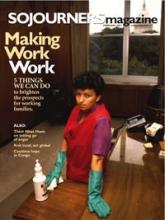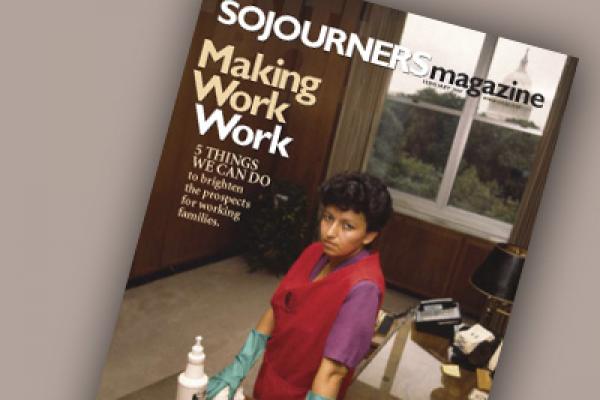Jack, a father of four young children, works three jobs: full-time as youth pastor at an Armenian church making $40,000 a year, part-time at Fuller Seminary’s African-American Church Studies Program, and as owner of a small business. Even with these jobs, Jack and his wife so far have been unable to purchase a home within a reasonable distance from his church.
“Through Pasadena Neighborhood Housing Services, I qualify for their First Time Home Buyer Program,” Jack explains. “I’ve attended the classes and will receive assistance—if we find a home within the required price range.”
Ana Martinez has found affordable housing and it’s changed her life. “I feel like I’m in heaven living here,” says Ana of her housing complex—formerly decrepit apartments that with the help of HUD funds were renovated into pleasant, affordable housing. “In the run-down one-bedroom apartment where my daughter and I were before, the rent increased every two months for two and a half years,” Ana says. “Ninety percent of our income was being spent on housing!”
“Now I pay much less for a beautiful two-bedroom apartment. When neighbors are home, they leave their front doors open. When I walk by, they ask if there’s anything I need,” says Ana.
HARD-WORKING low- and moderate-income workers like Ana and Jack cannot make ends meet without some kind of housing subsidy, be it from relatives, tax credits, or tax breaks. In fact, few people stop to think about how the wealthiest Americans enjoy the largest housing “subsidy” in the country through mortgage interest deductions.
Read the Full Article

